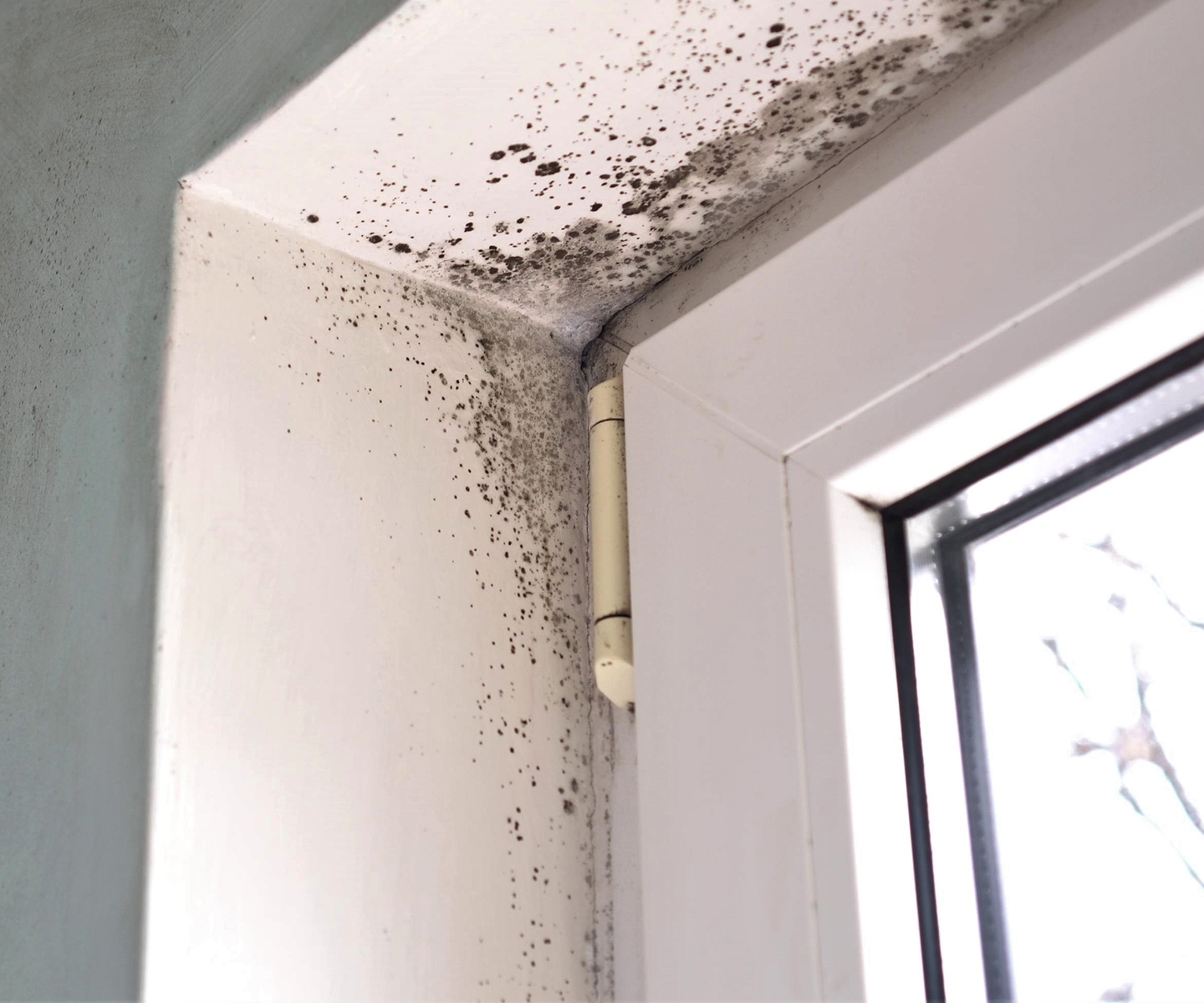Expert Tips for Article Mold And Mildew Removal Success
In the world of mold and mildew remediation, successfully removing mold is only half the fight; the real difficulty lies in avoiding its reappearance. By sticking to experienced pointers and best techniques, individuals can protect their spaces versus mold renewal and maintain a healthy and balanced interior setting.
Screen Moisture Degrees On A Regular Basis
After completing mold remediation treatments, maintaining optimal humidity degrees is important to prevent mold re-growth and ensure a healthy and balanced indoor atmosphere. High humidity degrees over 60% produce a conducive atmosphere for mold and mildew to flourish, making regular checking an aggressive measure to protect against any kind of future mold and mildew concerns.
Making use of hygrometers or moisture meters can aid in accurately gauging humidity degrees in different locations of the property. These tools offer real-time data that enables removal experts to make informed choices concerning ventilation, dehumidification, and various other needed actions to preserve suitable moisture levels post-remediation. In addition, establishing a routine timetable for moisture checks, specifically in risky areas such as shower rooms, kitchens, and cellars, is a positive technique to mold prevention. By regularly checking moisture degrees, building proprietors can effectively alleviate the danger of mold reoccurrence and maintain a healthy interior atmosphere post-remediation.
Conduct Thorough Inspections Post-Remediation
Adhering to the conclusion of mold removal treatments, it is necessary to perform detailed inspections to confirm the efficiency of the remediation procedure. These post-remediation inspections are important in ensuring that the mold and mildew problem has been efficiently attended to and that there is no reappearance or staying mold and mildew growth. Examinations must be accomplished by certified experts who have knowledge in recognizing mold and examining interior air quality.
Throughout these assessments, various techniques such as visual assessments, air sampling, and surface area tasting may be used to completely assess the remediated areas. Visual evaluations entail a thorough assessment of the premises to inspect for any type of noticeable indicators of mold development or water damage. Air sampling helps in establishing the airborne mold and mildew spore levels, while surface tasting can find mold and mildew particles on surfaces.
Implement Proper Air Flow Approaches
After making certain the efficiency of the mold and mildew remediation procedure via thorough evaluations, the next crucial step is to focus on implementing proper ventilation approaches. Appropriate air flow is essential in preventing mold and mildew reoccurrence by regulating dampness levels and advertising air blood circulation.
Proper air flow not only help in avoiding mold and mildew growth yet additionally adds to the total wellness and comfort of occupants. By making certain appropriate air flow throughout the home, you can reduce the danger of mold and mildew regrowth and create a healthier living setting.

Usage Mold-Resistant Products for Services
To boost the long-lasting efficiency of mold and mildew removal initiatives, including mold-resistant products for fixings is essential in mitigating the threat of future mold and mildew development. Mold-resistant products are made to stand up to dampness and hinder mold growth, making them a necessary choice for areas prone to wetness mold removal yourself and humidity. When fixing areas influenced by mold and mildew, utilizing products such as mold-resistant drywall, mold-resistant paints, and mold-resistant caulking can assist stop mold and mildew reoccurrence.
Mold-resistant drywall is an excellent choice to standard drywall in locations like washrooms and cellars where moisture levels are greater. When subjected to damp conditions, this kind of drywall has an unique layer that resists mold and mildew development also. Furthermore, using mold-resistant paints including antimicrobial agents can better prevent mold growth on walls and ceilings.
In locations where moisture prevails, such as restrooms and kitchens, utilizing mold-resistant caulking around sinks, tubs, and home windows can aid secure out water and protect against mold and mildew from holding in splits and crevices. By buying these mold-resistant materials during repairs post-remediation, you can significantly lower the likelihood of future mold and mildew concerns and maintain a healthier interior setting.
Maintain Tidiness and Address Water Issues
After mold and mildew remediation, it is important to preserve a clean atmosphere to avoid the regrowth of mold. Leakages, water invasion, or high moisture degrees can create the ideal breeding ground for mold, so it is crucial to fix any type of water-related issues instantly.
To preserve sanitation, consider utilizing HEPA filters in vacuums and air cleansers to catch mold spores and prevent their circulation in the air. Making certain correct air flow in areas prone to moisture buildup, such as shower rooms and kitchen areas, can help keep moisture levels in check. By remaining alert regarding sanitation and attending to water issues quickly, you can properly stop mold reinfestation and maintain a healthy interior atmosphere.
Verdict

In the realm of mold and mildew removal, successfully getting rid of mold is just half the battle; the true challenge exists in avoiding its reappearance. After completing mold and mildew remediation procedures, keeping optimal moisture degrees is crucial to avoid mold and mildew re-growth and ensure a healthy indoor atmosphere. High moisture degrees over 60% create a helpful setting for mold to prosper, making normal checking a positive step to protect against any type of future mold issues.
To improve the lasting efficiency of mold and mildew remediation initiatives, incorporating mold-resistant products for fixings is important in mitigating the threat of future mold growth. After mold and mildew removal, it is vital to preserve a tidy atmosphere to stop the regrowth of mold.
Comments on “Vital Steps After Mold Remediation”